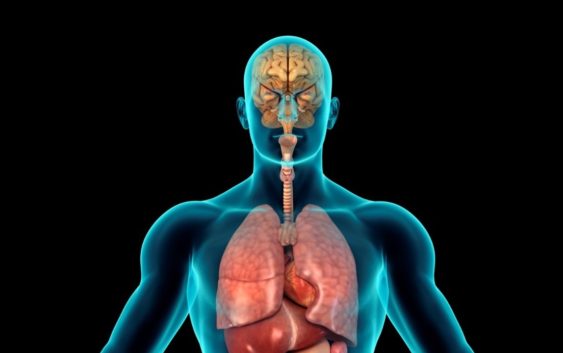The Power of Breath

You breathe approximately 20,000 times per day! Your heart beats approximately 60 to 80 times per minute depending on your fitness level. You inhale and exhale about 15 to 20 times per minute.
Your breath is a great teacher. It tells you much about your current physical and psychological state but under most circumstances you may not even be aware of the simple action of breathing. The first thing you do when you come into this world is to take your first breath and the last thing you do when you leave this world is take your final breath.
If you become stressed it is likely that your breathing rate will increase and your heart beats faster. You may feel anxious and perhaps your emotions feel out of control.
Unconsciously, you have moved into your sympathetic nervous system and, as a consequence, it is likely that the muscles in your head, neck and shoulders have become tense. Other changes in your body may also have started to happen too.
Once these changes start to happen your awareness may have switched to what is happening inside your body. For most people this is not a pleasant feeling, although for some it is the adrenaline rush they crave to stay motivated. Does this sound familiar?
If you are aware that you are experiencing these feelings on a frequent basis, you may be ready to do something about it. Being aware and taking positive steps to resolve the cause of the problem could improve your life style and health.
What can you do to stay calm and in control?
One simple solution is to focus on breathing. Many of you will be thinking that this is an old cliché, but have you tried it? Just think of something that you are brilliant at and ask yourself how long you had to practice before it just happened without any conscious thought? The same applies to using your breath to reduce your stress levels.
As soon as you notice changes in your body happening due to stress then, if at all possible, remove yourself from the stressful situation. Go to a quiet place for about 10 minutes and focus on your breathing.
If you have the chance, lay down on your back with your knees bent allowing your body to respond to gravity – this is known as constructive rest position.
Now focus your mind on your breath until you can bring your body back into a state of homeostasis (balance and equilibrium). Inhale for one count, hold your breath for four counts and exhale for two counts.
This will eliminate toxins and fully oxygenate your body. It will also start to regulate excess cortisol levels and help you feel calmer.
If you are unable to lie down, go outside to a place where you can stand or walk alone and focus on your breathing for 10 minutes. Once you feel calmer and back in control, it is important to make a note of what triggered the problem.
Learn to breathe and look after your body!
